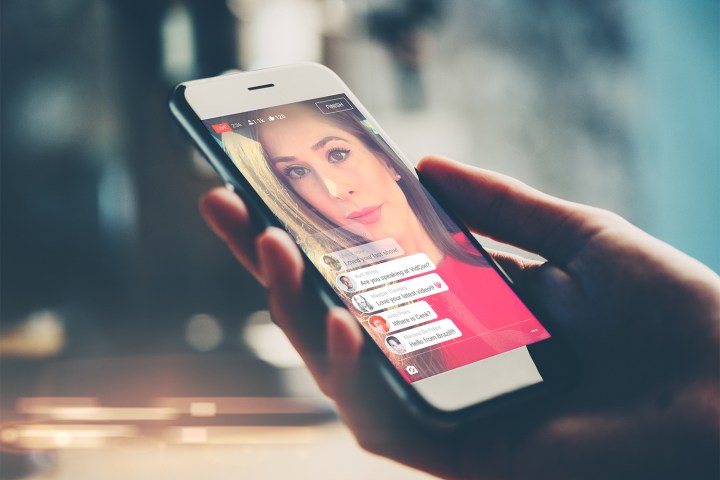
It was only after Periscope made a name for itself for mobile live-streaming, and after Facebook rolled out a similar feature to regular users in early 2016, that YouTube finally saw fit to offer mobile live-streaming starting in February this year. But only to creators with channels that had at least 10,000 subscribers.
The limited roll-out allowed the Google-owned company to iron out any kinks as it prepped mobile live-streaming for more of its users, and in the last few weeks some creators with more than 1,000 subscribers noticed they, too, could use the new feature.
YouTube has now confirmed this wider roll-out with an update to its support page. To broadcast live from your smartphone, you need a verified YouTube channel and at least 1,000 subscribers. This opens up the feature to a huge number of new users, offering YouTubers the chance to broadcast in real time, on the go.
The feature is part of the YouTube app, so there’s no need to download separate software to get started. To launch a live-stream, tap on the “camera” icon at the top of the display, tap “go live,” and then add a thumbnail image for the stream. After that it’s simply a matter of tapping out a title and choosing whether you want the stream to be “public” for everyone, or “unlisted” where only people with the link can watch.
In a message posted earlier this year, YouTube said live-stream videos “have all the same features as regular YouTube videos. They can be searched for, found via recommendations or playlists, and protected from unauthorized use.”
It added that the feature “uses YouTube’s rock-solid infrastructure, meaning it’ll be fast and reliable — just like the YouTube you know and love.”
YouTubers who want to make use of mobile live-streaming require at least iOS 8 or Android 6.0, and the channel must be free of any live-streaming restrictions for at least 90 days.
Editors' Recommendations
- YouTube TV just got even better on iPhones and iPads
- YouTuber gets more than just clicks for deliberately crashing plane
- YouTube Stories are going away starting June 26
- Don’t watch this YouTube video if you have a Pixel 7
- This YouTube Apple Watch app is just as ridiculous as you’d expect


